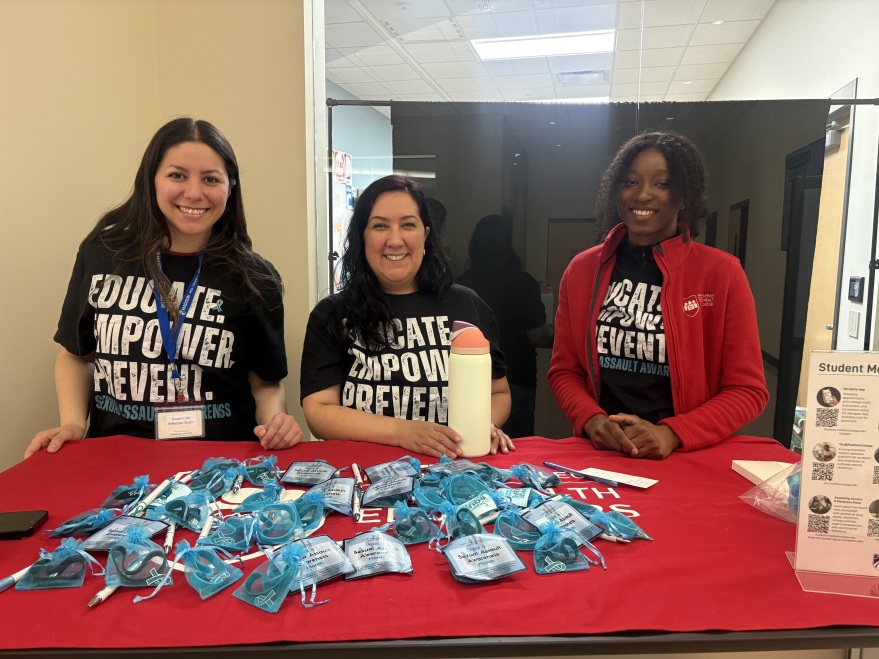A different way to choose your political leaders
October 24, 2018
Only a generation or two ago, the party system in the United States was idolized for its balance. This was when it was inconceivable to win an election by running a severely polarizing candidate, who was blatantly against the political scheme and swam outside the mainstream. Enter Donald Trump, though, and we now have a president who has flagrantly rein- vented what it means to be “mainstream.”
In the primary, Trump earned the Republican nomination with just 14 million votes. There are almost 231 million Americans eligible to cast a vote, only 6 percent of all voters chose him.
That meager 6 percent validated Trump as the Republican nomination. And because of the limited choices we have, most Republicans voted for Trump in the General Election simply because he wasn’t Hillary Clinton (read: A Democrat).
On top of our deep political divides, most people choose not to vote because the two leading parties, Democratic and Republican, don’t represent them, or because there are major obstacles in the way of casting their vote, leading most citizens to being marginalized and neglected by their representatives. Such barriers include voting on a workday, strict voter ID laws (under the guise of blocking “fraudulent votes”) that target the poor and people of color, and distance to the polls.
Citizens’ disenfranchisement is made worse with a two-party system whose parties don’t have to appeal broadly to a diverse set of constituents, but merely to “Democrats” or “Republicans.”
Our government is a system of checks and balances and fragmented authority, developed to avoid a “tyranny of the majority.” But voters’ frustrations are made worse by the gridlock that has resulted from avoiding this hypothetical tyranny. The two parties play on these frustrations by making heightened promises to solve this gridlock.
With parties so divided, and its citizens at each other’s throats due to this, where do we go from here? There is one possible solution, called Sortition. This particular form of democracy comes from Ancient Greece, where the governing body would randomly select citizens to fill political posts. You heard that right. This means you or your neighbor could be randomly chosen to be a congress-peron. Randomly choosing citizens in Ancient Greece, though, created diversity in politics, and this diversity ensured that people would be fairly represented.
In our current system, ask yourself, “who can run and hold office?” The answer to this question is the wealthy, privileged elite, who are hardly representative of their constituents. Over half of congress is made up of millionaires, with organizations shelling out millions of dollars for political favors. So, it should be no surprise why our politicians seem out of touch with the rest of us.
Under Sortition citizens would have no motive to accept money from organizations, who would be vying to manipulate them because, in two years, the position would be randomly filled by someone new. Sortition also eliminates career politicians who work for decades consolidating power, further shrinking how representative they are to the people they vow to serve. Sortition also reduces the influences of “factionalism”, since it would be ineffectual to run on absurd promises to gain support from key constituencies.
Brett Hennig, director and co-founder of the Sortition Foundation said during a TED talk that we could, “stratify the selection of citizens so that the process would yield something representative: half of those chosen would be women, by nature of random selection; some would be young; some would be wealthy, but most would be ordinary people, like you and me.”
The Ancient Athenians used Sortition as the primary approach for assigning civic agents, as it was thought of to be a key aspect of a true democracy. If we are patriotic and believe we uphold democratic values, I think it’s high time the citizens of the United States started to seriously consider Sortition. Other countries have, such as Ireland.
If you have questions, and want to learn more, visit sortitionfoundation.org.































